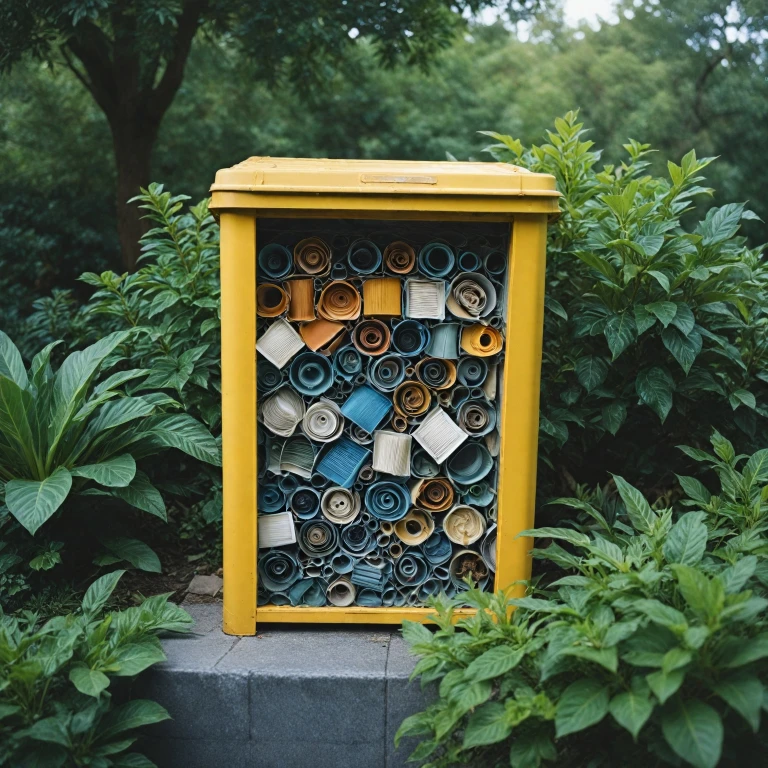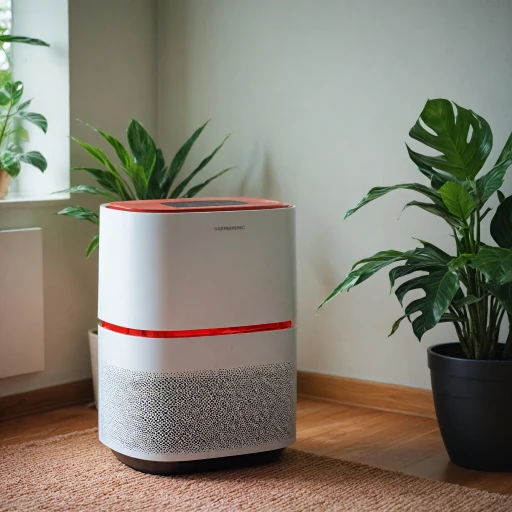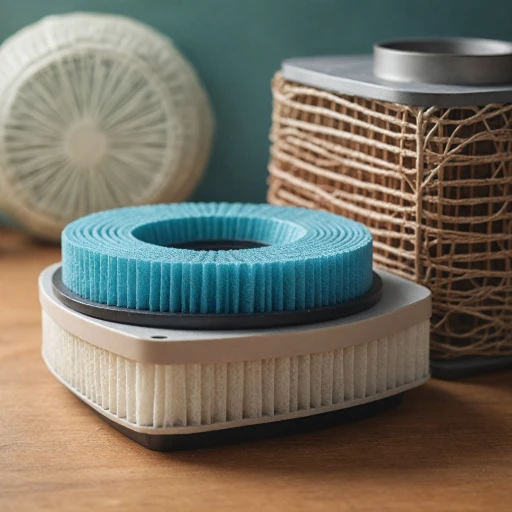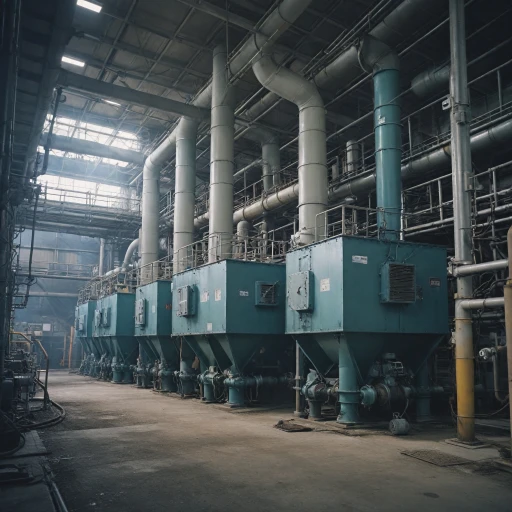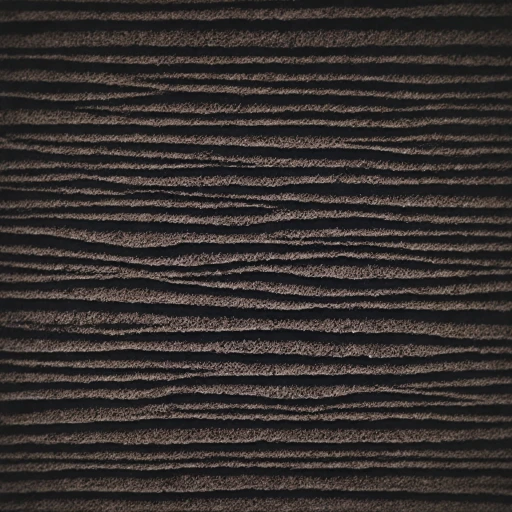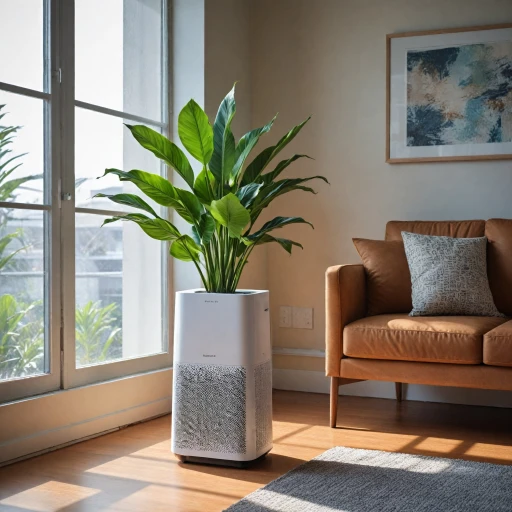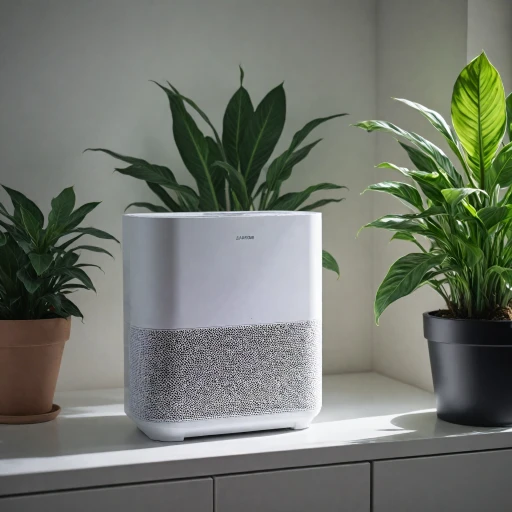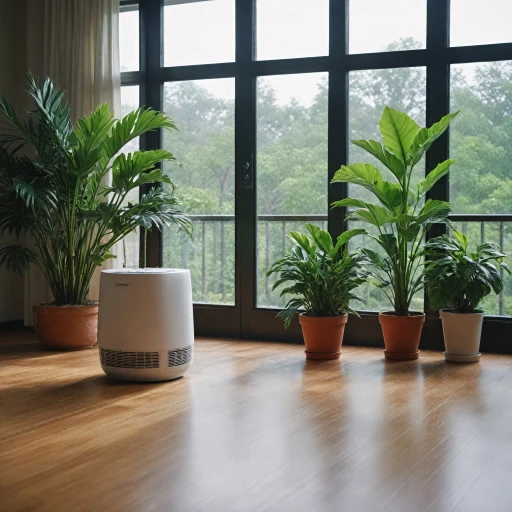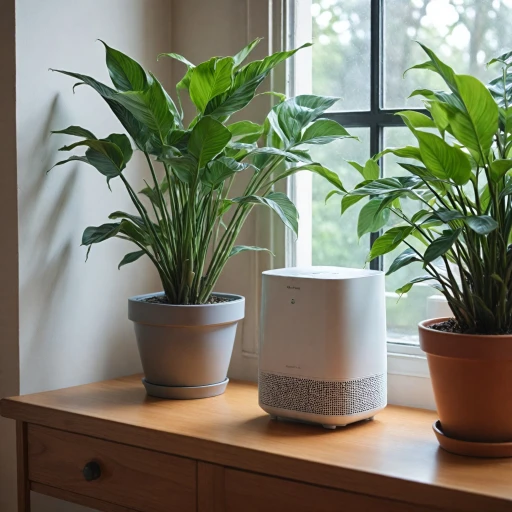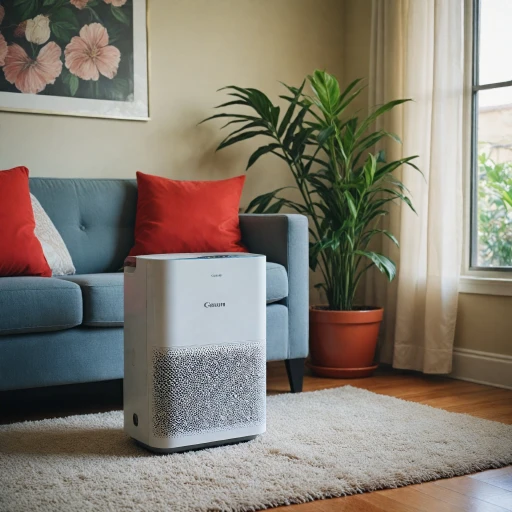
Understanding Air Filters
Exploring Different Types of Air Filters
Air filters are crucial components of both residential and commercial HVAC systems, helping to maintain indoor air quality by trapping dust, pollen, and other airborne particles. They play a significant role in ensuring that our air conditioning systems operate efficiently and effectively. These filters come in various types, each offering different levels of filtration and capabilities. Some common types of air filters include:- HEPA Filters: Known for their high efficiency, HEPA filters are able to capture up to 99.97% of particles as small as 0.3 microns. They are commonly used in healthcare facilities and homes where high air quality is essential.
- Pleated Filters: These filters are made from polyester or cotton folds, providing more surface area for trapping particles. They strike a balance between cost and efficiency.
- Reusable Filters: Designed for repeated use, these filters can be washed and replaced, reducing waste and promoting an eco-friendly alternative to traditional disposable filters.
- Furnace Filters: Specifically designed for HVAC systems, furnace filters help in maintaining both system operation and indoor air quality.
Materials Used in Air Filters
Composing the Mechanics of Air Filters
Air filters come in various forms and are made from a range of materials designed to trap particles and improve air quality. These materials serve as the backbone of filters used in different settings, from household appliances to complex HVAC systems. Understanding what goes into these filters is crucial to finding ways to make them more sustainable and potentially recyclable. One of the most commonly encountered types in homes and industries is the pleated filter. These filters are typically crafted with a mix of paper, cotton, or polyester and are folded into ridges to increase the surface area. Despite being an efficient dust barrier, the combination of paper and synthetic fibers often renders them non-recyclable due to the difficulty in separating the components during recycling processes. Filters with HEPA certification push the boundaries of air purification by capturing particles as small as 0.3 microns. HEPA filters are vital for environments where maintaining high air quality is essential, such as hospitals and laboratories. The dense combination of glass fibers makes these filters extremely effective but challenging to recycle. Hence, their disposable nature results in added waste. HVAC filters form another critical category, primarily used in heating, ventilation, and air conditioning systems. These renew our indoor air by filtering out dust and allergens. HVAC filters are usually constructed using fiberglass or a synthetic blend, contributing to their complexity in recycling efforts. Additionally, there are the so-called reusable filters that can be washed and reused multiple times. Their eco-friendly design reduces the frequency of disposal, although their upfront cost may be higher than disposable ones. This pushes the responsibility of ensuring proper maintenance, cleaning, and lifespan maximization onto the end user. For more on the materials and functionalities of air filters, check our insightful understanding the importance of replacing your pur air filter guide. In conclusion, grasping the variety and complexity of materials that make up air filters lays the groundwork for discussing recycling challenges and impacts on the environment, explored further in subsequent sections. It underscores the importance of informed choices in filter usage and disposal to mitigate environmental harm.Challenges in Recycling Air Filters
Complexities in Recycling Traditional Filters
While the idea of recycling air filters sounds environmentally responsible, various factors make it a challenging endeavor. The composition and structure of air filters, from basic furnace filters to advanced HEPA models, present unique obstacles in the recycling process. To begin with, many filters are made from a combination of different materials. While some components, like certain plastics, may be recyclable, the integration with other non-recyclable materials complicates the process. Specifically, HEPA filters and pleated filters often consist of tightly woven fibers made from glass microfibers and synthetic materials. Such combinations are difficult for recycling centers to manage as they can't easily separate and recycle only the eco-friendly parts. Additionally, air filters are designed to trap dust, allergens, and harmful particles to enhance air quality. This means they collect contaminants over time, and recycling these filled filters without proper decontamination poses health and safety risks. Proper disposal methods are thus crucial for handling filters that cannot be recycled. Furthermore, the collection and transportation logistics add another layer of complexity. Recycling centers may not always accept HVAC filters, and for those that do, the cost and energy associated with processing them might outweigh the benefits. For those looking to minimize their environmental footprint while maintaining a quality HVAC system, exploring alternatives such as reusable filters or upgrading to a system designed for recycling could be wise moves. These emerging solutions aim to reduce waste and alleviate the environmental impact associated with non-recyclable filters. Such efforts contribute significantly toward eco-friendly practices. For a more nuanced understanding of air filters and the materials in use, consider exploring more about ventilation filters in air purifiers.Environmental Impact of Non-Recyclable Filters
Environmental Concerns of Non-Eco-Friendly Filters
The disposal of non-recyclable filters poses significant environmental challenges. Air filters used in HVAC systems, HEPA filters, and air conditioning units often contain materials that are not biodegradable. These include plastics and other synthetic components, which contribute to landfill waste when discarded. The air quality impact extends beyond the immediate functionality of the filters themselves. When these filters are not recycled or properly disposed of, they add to the growing issue of environmental pollution. For instance, the heavy reliance on pleated filters—often made with non-recyclable materials—translates into a significant waste footprint. Additionally, the sheer volume of furnace filters and HVAC filters disposed of annually contributes to this pressing environmental issue. With most filters ending up in landfills, the potential for releasing pollutants into the soil and air increases. This not only affects the local ecosystem but also diminishes overall air quality. While some filters can be partially recycled, many end up filling landfill spaces due to their complex material composition. The environmental consequences underscore the importance of seeking more sustainable solutions. As companies continue to innovate, the development of reusable and recyclable materials for air filters is crucial. Transitioning to eco-friendly alternatives can significantly mitigate the adverse environmental effects associated with traditional filter disposal.Alternatives to Traditional Air Filters
Exploring Eco-Friendly Air Filtration Options
In a world increasingly concerned with sustainability, alternative air filters that are more environmentally friendly are gaining attention. By opting for these alternatives, individuals can significantly reduce their ecological footprint while maintaining effective filtration systems in their homes or businesses.
One popular choice is reusable filters, which can be washed and reused multiple times. These filters are typically made from robust materials like aluminum or high-quality polyester. While the initial cost might be higher, the long-term savings and reduced waste make them an attractive option.
Another sustainable option is the use of pleated filters, which often boast higher efficiency and a longer lifespan compared to traditional disposable versions. These filters not only capture more dust and particles but also require less frequent replacements, thus contributing to waste reduction and lower disposal costs.
Recyclable air filters are specifically designed to be processed by local recycling centers. By minimizing the use of non-recyclable materials and maximizing recoverable components, these filters provide a compromise between disposal and recycling. However, ensure that you verify the materials used in these filters and local guidelines to guarantee compatibility with recycling facilities.
Some regions also offer drop-off programs for filter recycling. By participating in these initiatives, homeowners can ensure their discarded filters are handled responsibly, reducing environmental impact.
Improving air quality doesn't have to come at the environment's expense. By exploring these eco-friendly alternatives, you can make informed decisions about your HVAC system and contribute to a cleaner, greener planet.
How to Properly Dispose of Air Filters
Sustainable Disposal Practices for Air Filters
Proper disposal of air filters is crucial to maintain a healthy environment and ensure efficient air quality management. As discussed, recycling air filters presents various challenges due to the complex materials used, including non-recyclable plastics and composites in HVAC systems. Here are some guidelines for responsible air filter disposal:- Check Local Regulations: Different municipalities have specific disposal rules for HVAC filters. Contact local recycling centers to see if they accept used filters or offer any recycling services for dust-filled materials.
- Explore Reusable Filters: Consider investing in reusable air filters. While these options may have a higher upfront cost, they minimize waste, are more eco-friendly, and can significantly reduce disposal needs over time.
- Safe Packaging: When disposing of non-recyclable filters, ensure they are sealed in plastic bags to prevent the spread of dust and contaminants, protecting sanitation workers and the environment.
- Retail Take-Back Programs: Some retailers provide take-back programs where they accept used filters for responsible disposal. Inquire if your local HVAC store offers this service.
- Consider Upcycling: Get creative by repurposing filters for non-ventilation uses, such as insulation materials or craft projects, promoting sustainability and reducing waste.

